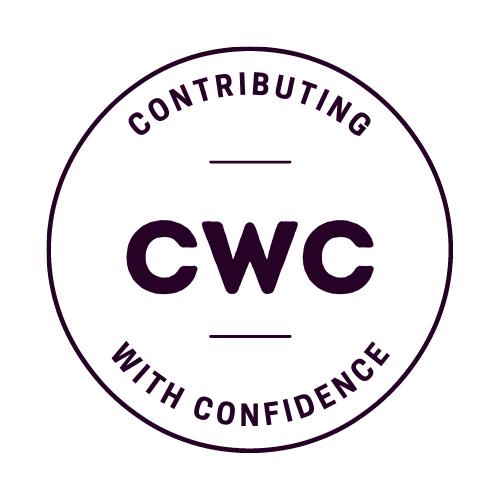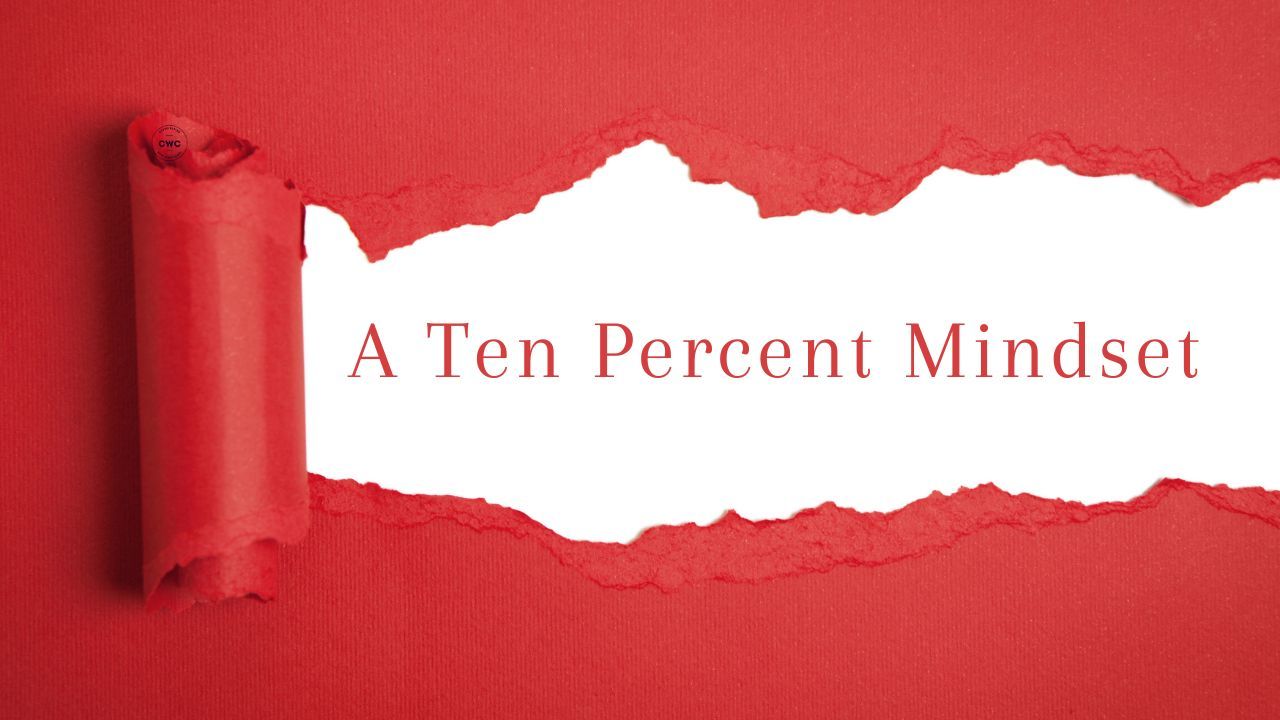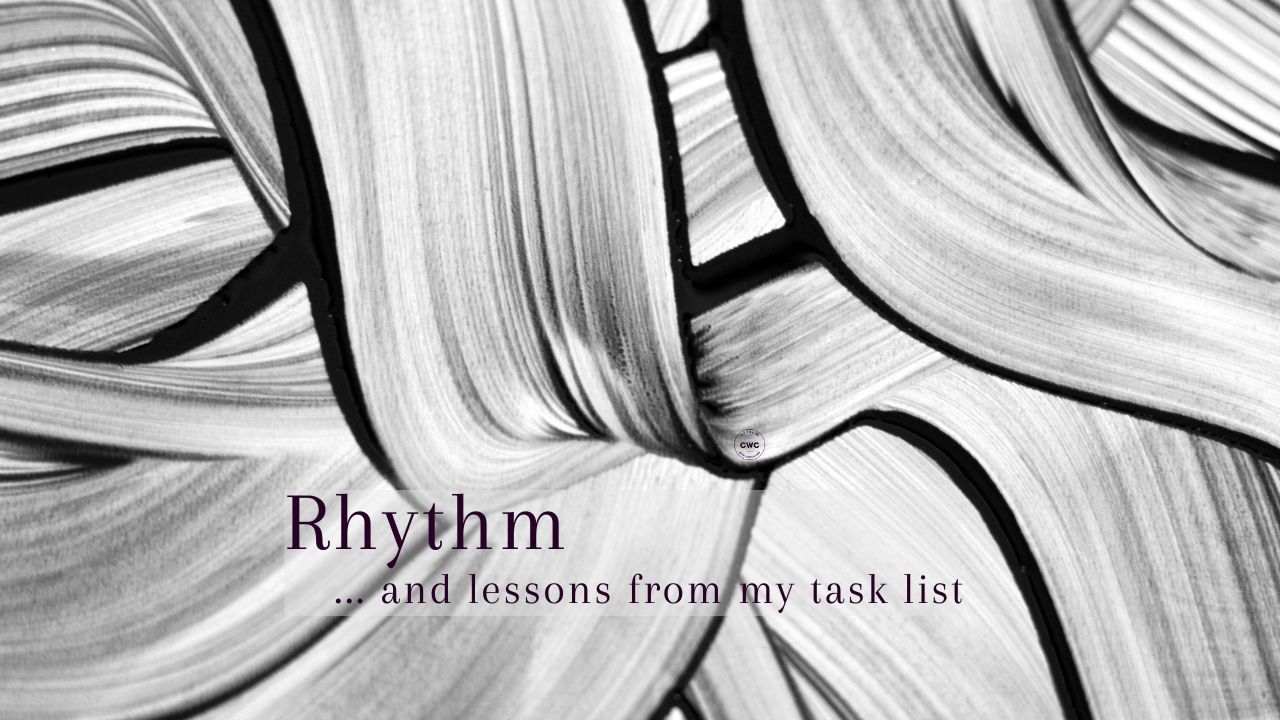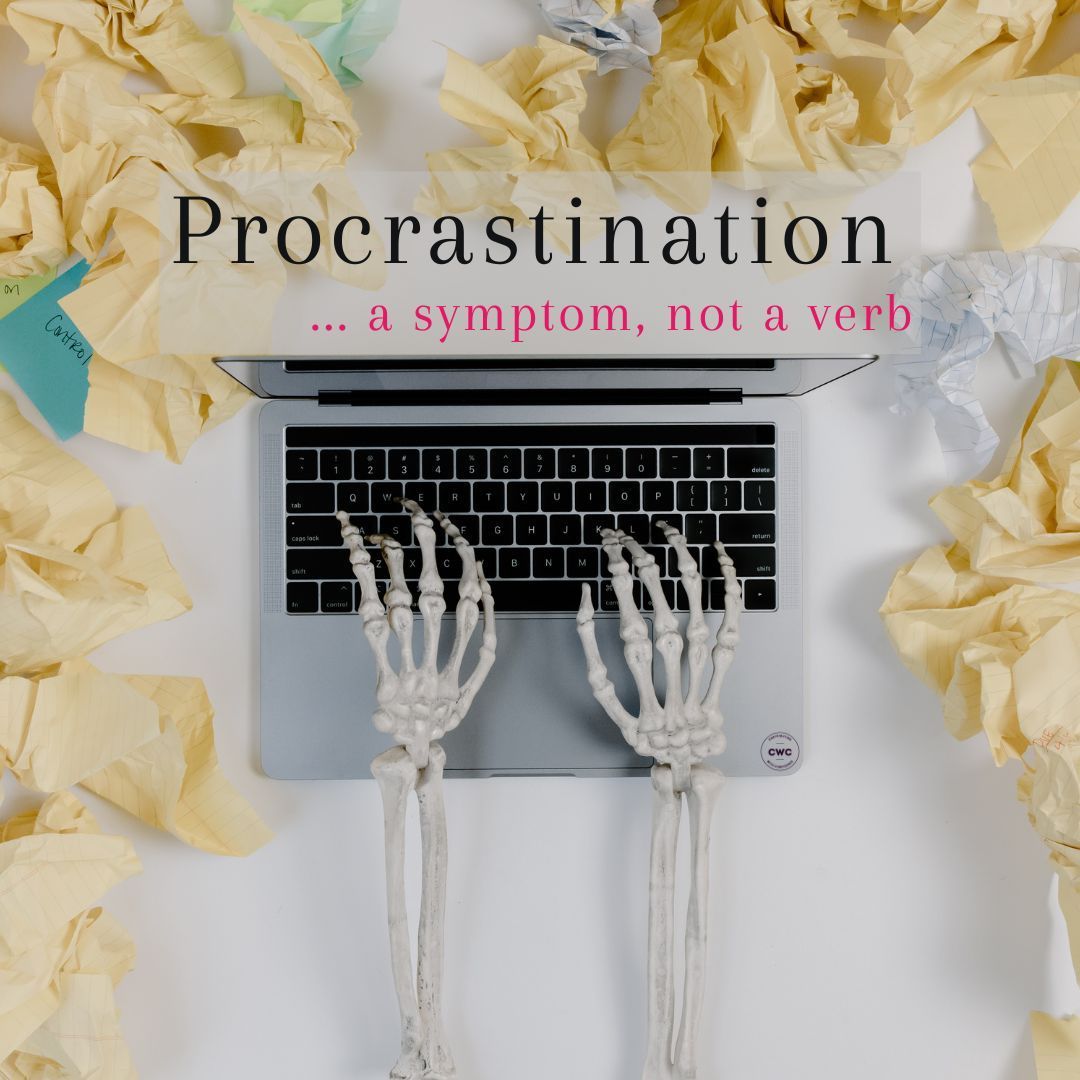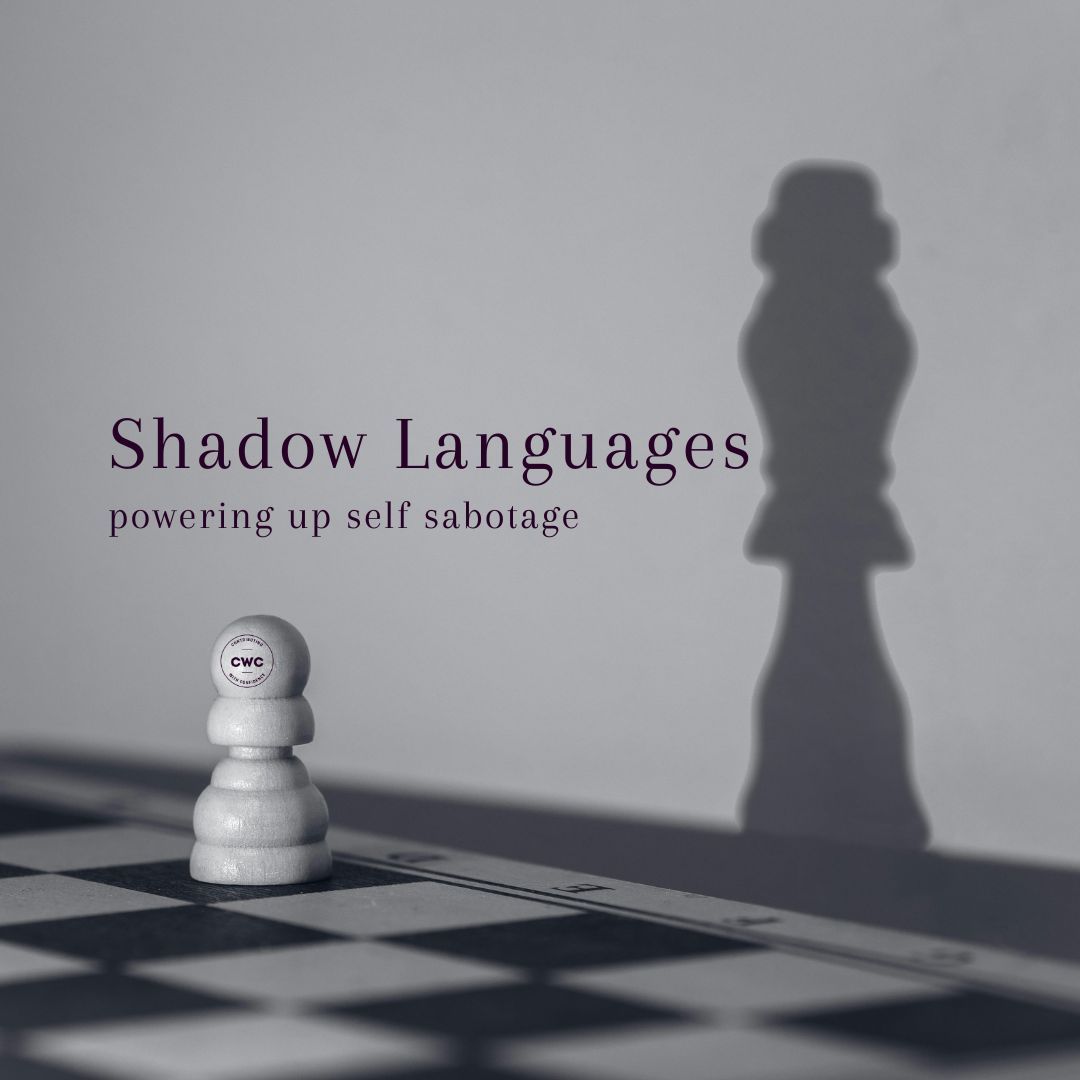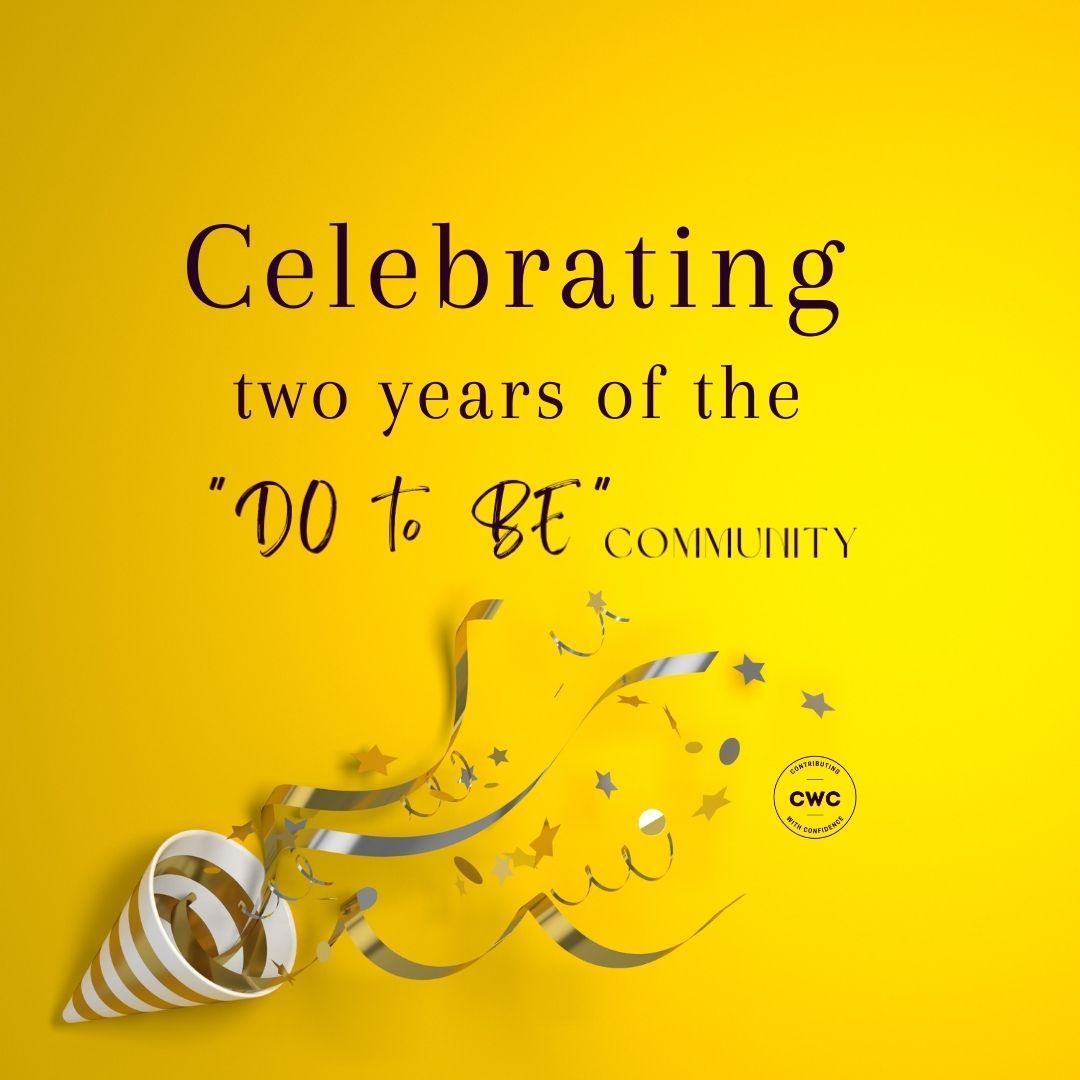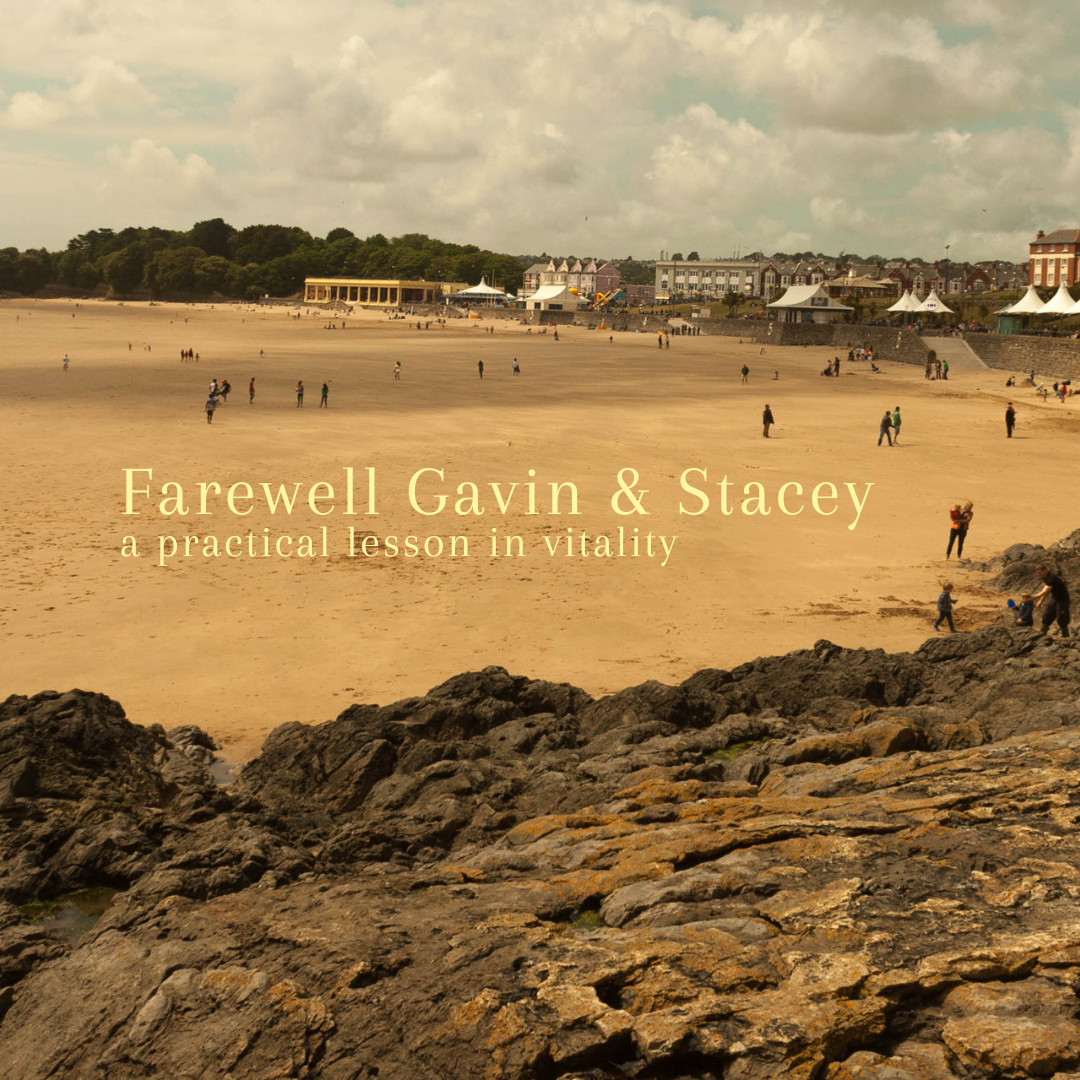Real Costs
Are probably counterintuitive

If you’ve been following me or reading my stuff for any length of time, you have probably heard me say how much I love a counterintuitive thing. It’s faintly amusing, just how often we bark up the wrong metaphorical tree or are deeply averse to the person or solution which is just what we need.
Recently I have been having conversations about the real costs of things. I have also been noticing quite a few long form pieces of content online from both sides of the working on vs resting response to illness debate. And then... I was 30 minutes late for a meeting, thanks to HS2 and their random road closures and the way that the country lanes of Buckinghamshire have been physically broken thanks to the heavy traffic (as in huge lorries, as well as the volume) that has been forced to use them. I didn’t break the suspension on my car, nor did I wrack up dentistry bills from teeth gnashing and whilst we all know that this is a deeply flawed project, I will now need to travel on HS2 from London to Birmingham three times for me to get that time back.
The question I pondered as I tried to navigate my way with the map app enjoying ignorant bliss about the road closures all around, was:
What else has the disruption of building HS2 been costing business?
So, let’s get it out and have a proper look at it.
Do you ever do a cost benefit analysis on any of your decisions? I’m not talking about the obviously strategic business decisions, I’m talking about the many ordinary decisions made every day.
Obviously, it’s good that action is being taken, but what if some of those decisions are creating additional costs and unanticipated consequences?
What follows is my version of a cost benefit analysis. I haven’t done an MBA, but I have worked with people and development projects, funding & budgets for over a quarter of a century.
The first consideration is the obvious cost and benefit questions that arise from the choice before you: how much money do you have to pay; and what will you get out it? The combination of those two questions gives you a feel for how worthwhile actioning that decision will be.
But there is more insight to be gained by looking beyond the primary costs and benefits. Let’s say you have decided to attend an in-person event in London. The primary costs are likely to be entry to the event & travel. But there are more costs to consider: food & drink while you are out of the house; your time not working on income generating work tasks; energy, especially if you will lose sleep because you have to get up earlier than usual or you will have a late night.
In terms of benefits: there is the information or work progress that will come from attending the event. Secondary benefits might include: a day away from your desk giving you the creative thinking space to advance a great idea; the networking opportunities; the possibility of having a kismet moment of inspired conversation that leads to a collaboration; immersing yourself in the culture of the community in the event could bring you insight about a fresh way of working; you could set up a sales conversation. Or you could just have fun in good company, or use the opportunity to have dinner with a friend and come home smiling. What a great day!
Or the benefits could be more marginal, especially if the meeting involves spending time with people who drain you or the transport system brings clouds of anxiety. Perhaps it’s a low level priority which deprives you of time working on a higher priority project. In which case, are those benefits still benefits, or do they become costs.
What’s the reality? Where is the balance?
Is taking a day out of your normal activities going to be a cost or an investment?
We often see decisions being taking on the £ cost of doing something, for instance utilising a training budget. Hear the plumbers’ whistle from the senior decision maker as the cost of a training course is considered. But what would be the cost of not doing it? What does doing it really cost in terms of time and energy? Is paying for and doing the training a cost or an investment?
Or how about something leisurely? I had a great conversation in the sauna recently with someone enjoying their now generally sober lifestyle, having given up smoking a few years ago and now limiting alcohol to intentionally drinking something tasty on a nice occasion. It was a very positive conversation. Then they said that they were going to go into town with their partner and have a cup of coffee, with lashings of shame. Well that wasn’t what they actually said, but they did use words like ‘vice’, and ‘shouldn’t’ and the body language had gone from relaxed and expansive to apologetically shrivelled. I asked how often they drank coffee. Not often. And yes, it was seriously good quality and they were going to enjoy it. Coffee in moderation is a healthy and beneficial plant to drink. Moreover, sitting and enjoying a good quality cup in good quality conversation with your partner, is that really a vice and something to feel guilty about? I would suggest not. The person agreed that they hadn’t considered it from that point of view.
Sometimes, despite our initial assessment of something (or listening to the half baked opinions of others), activities are not a cost at all, but an investment. This person’s coffee drinking is clearly an investment in positive mental health and their bonding as part of a healthy significant relationship.
If you want to add an additional layer of consciousness to your decision making, key questions involve inquiring about the reality and truth of it. Pondering things from the other end of the telescope, from other people’s perspectives, or from a different point in time - will this really feel so heavy when you look back at it next year.
Do you know what this methodology is? It is a systems thinking approach to decision making: considering the broad factors, influences and consequences, within the environment of a situation. The 'situation' might be the business, or a period of time, or a project.
So, dear friend, having read this far, how much consideration do you give to your decisions? How much might that be costing you?! Or is this an already familiar way of being in life? Where could you give a little more? How might that benefit you? Is there greater mastery to master?
Enjoy playing about with it and do comment or drop me a message to share your thoughts, as this article is very much written from my point of view, and your perspective is interesting, and likely to help me build mine further because learning is a constant process, and just one of the reasons why I love life, because there is so much more to learn and experience.
